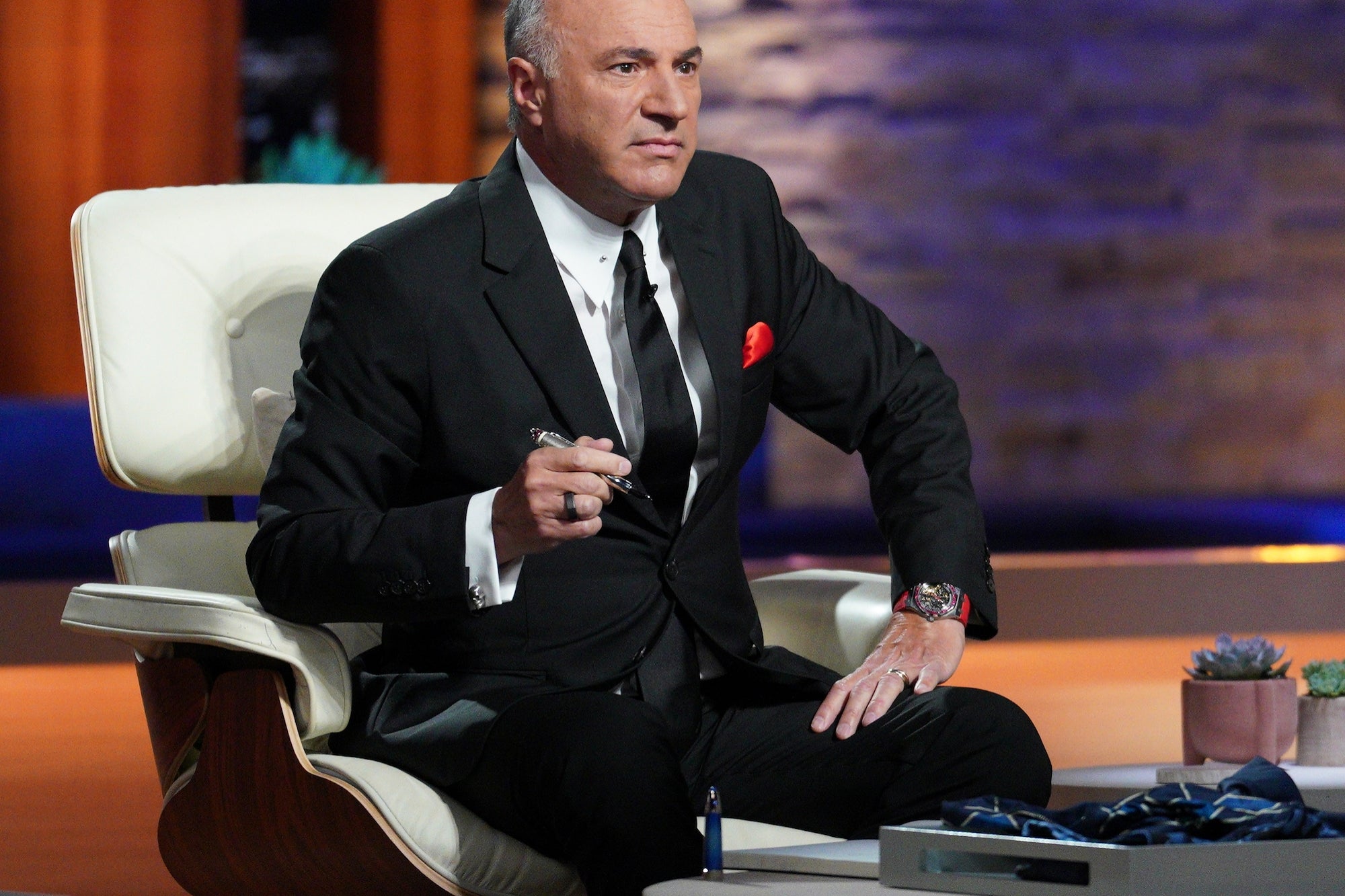Build Your Brand by Cultivating Controversy How to build your brand with new followers or with loyalists, by taking risks and playing with fire. After all, doesn't fortune favor the bold?
Opinions expressed by Entrepreneur contributors are their own.
In his book No B.S. Guide to Brand-Building by Direct Response, business coach and consultant Dan S. Kennedy offers a no-holds-barred plan to creating and profiting from a powerful brand. In this edited excerpt, the author discusses the branding benefits of taking a stand on controversial issues to connect with your core audience.
For companies, controversy and/or bad news and bad press can be dangerous, yet many brands are surprisingly resilient, and many even benefit from dynamite exploding in their hands. Let's take a look at how you might build your brand with new followers or with loyalists by taking risks and playing with fire. After all, doesn't fortune favor the bold?
In July 2012, the president of the Chick-fil-A fast-food chain told a Christian publication, The Biblical Reporter, that the company and its brand "supports the biblical definition of the family unit." A direct answer to a direct question by a writer for a relatively obscure news outlet made its way into the mainstream, and a major uproar ensued. The mayor of Chicago suggested that the company would not be welcomed if opening restaurants in the city. Liberal TV media like MSNBC attacked the company as bigoted and questioned whether or not its leaders' religious beliefs were creating a hostile workplace or workplace discrimination. A boycott was promoted.
But on the flip side, Chick-fil-A brand loyalists and evangelical Christian groups rushed to the company's defense, organized "support days" at the restaurants, and overall, the company saw a year-to-year revenue increase from $4 billion to $4.6 billion. It isn't easy to get that kind of sales boost through regular advertising and growth. Much of it came directly from the heightened visibility and public conversation about the chain, and from the invigorated support of its customer base.
On the other side of this same controversial issue, Howard Schultz, the CEO of Starbucks, received applause at the annual shareholders meeting in 2013 when he stated his and the company's unwavering support for same-sex marriage, reinforcing the company's already announced advocacy for same-sex marriage legislation dating to January 2012. That created a much smaller media firestorm and far less mainstream media criticism than did Chick-fil-A's opposing stand, but it did spark an organized "Dump Starbucks" boycott promoted by the National Organization for Marriage. Regardless, Starbucks experienced nearly a 15 percent revenue growth in 2012 and continued success in 2013.
These two tales probably indicate that the core customer base owned by Starbucks is a significantly different core customer base than that owned by Chick-fil-A, and both have large armies of brand loyalists likely to agree with the stand taken by the company they already support. Knowing who your customers and who your brand loyalists are, how they line up on issues, who their heroes are, and who their enemies are is important. The CEOs of Chick-Fil-A and of Starbucks may both have been emboldened by a good understanding of their respective core constituencies. Courage in context is easier than courage in a vacuum.
The bigger and broader point is that a short-term media or social media reaction, pro or con or both, to a company or its owner, CEO, celebrity endorser, or other "face" taking a controversial position or otherwise getting into troubled waters often has little or no lasting negative impact and can, instead, have positive impact, in making a larger population aware of the brand or at least rallying the loyalists. Some entrepreneurs who own valuable personal or corporate brands even intentionally, repeatedly court controversy, like Kenneth Cole and American Apparel. Donald Trump finds somebody to pick a very public fight with anytime he wants media attention and publicity—his targets have included comedian Rosie O'Donnell and President Obama. Hugh Hefner fueled Playboy's rise with controversy. By its nature, the brand was controversial—although it seems quaint now, compared to everything else on the media landscape. But Hefner ginned up controversy; he didn't try to tamp it down.
Of course, anytime you personally take a potentially controversial position or attach your company or brand to one, you do take risks. However, if you're going to court controversy, you should do it consciously and deliberately, not casually or impulsively.
The Trump Technique of picking a fight with a villain or enemy can be an effective way to use controversy with little or no risk if you choose carefully, attack broadly and know your brand loyalists and target market well. I, for example, have long done well with my audiences of "from scratch" millionaire, multimillionaire, and up-and-coming entrepreneurs and sales professionals by attacking, vilifying, and mocking 1) pin-headed academics, academic theorists and Ph.D.s (which stands for: piled higher and deeper); 2) Big, Dumb Companies and their corporate suits; 3) Madison Avenue ad agencies; 4) slothful employees; 5) socialist-leaning critics of ambition, initiative, achievement, success and wealth; and 6) nanny-state meddlers. I can and have attacked Michael Moore, Mayor Bloomberg and Obamacare, and have named companies doing incredibly dumb advertising with abandon in books, newsletters and speeches, and have been cheered. A lot of people aren't consciously aware of how much I do this and how much I leverage it, but it's actually a major force fueling my own brand.
Life Extension, a major marketer of its own brand of nutritional supplements, uses its own magazine to frequently attack the FDA and the medical establishment. The magazine does have limited newsstand distribution, but it's primarily subscribed to, sent to and written for its own customers, so its take on medical establishment, big pharma and government conspiracy to suppress natural health cures is "preaching to the converted," a smart means of reinforcing and strengthening brand loyalty.









